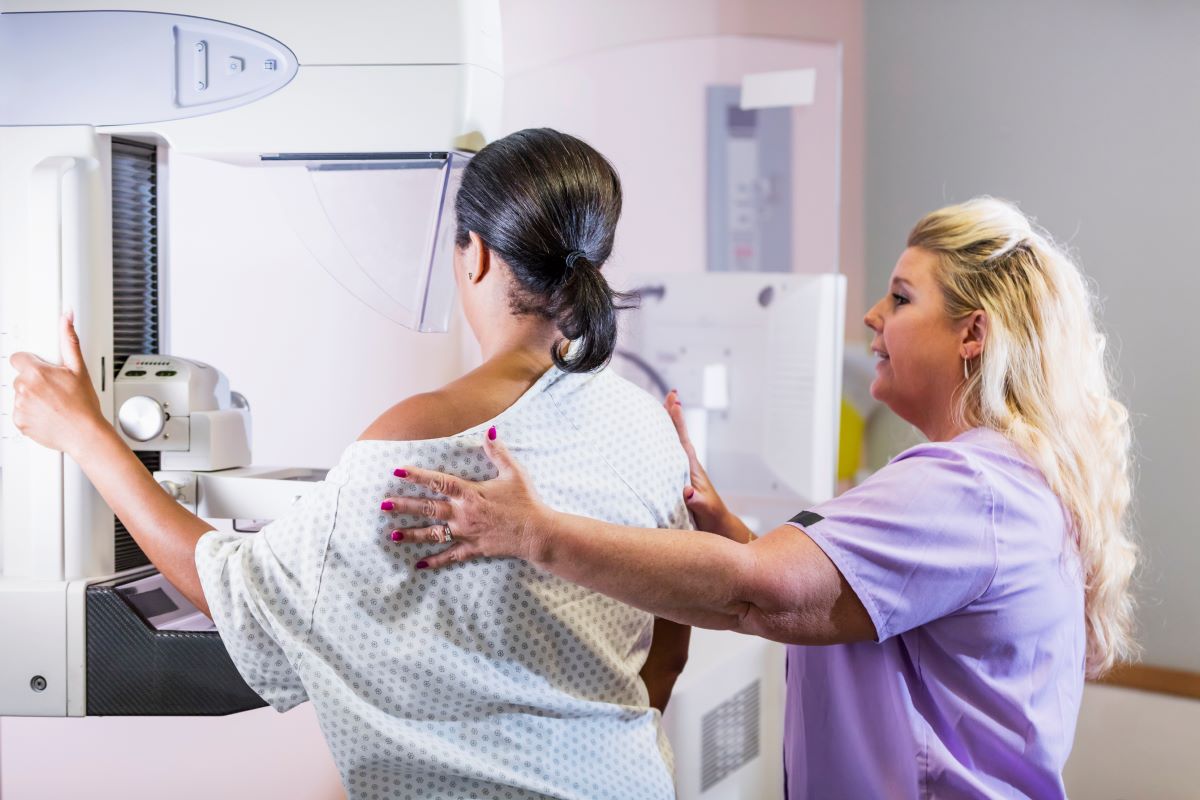
In the past few months, there have been several updates in guidance and regulations for breast cancer screening with mammography.
In September 2024, updated Food & Drug Administration regulations from the Mammography Quality Standard Act went into effect. These regulations provide standards to ensure the quality and consistency of screening mammography throughout the country. The regulations now require specific categorization of breast density in mammography reports. Specific language is now required in the results letters sent to patients informing them that if their breasts are categorized as “dense,” they may benefit from supplemental screening to find cancers that might be hidden on mammography.
Also, this year, the United States Preventative Services Task Force, an organization loosely affiliated with the federal government that makes recommendations on a variety of preventative health topics, finalized its updated recommendations for screening mammography. The recent guidelines change the recommendations for mammography from every other year for women ages 50 to 74 to every other year for women ages 40 to 74. While this change has been applauded as a step in the right direction, it is still not in line with the recommendations of the major scientific organizations with breast cancer expertise, such as the American College of Radiology (ACR) and the National Comprehensive Cancer Network (NCCN) and is widely criticized for causing confusion among women that may lead them to avoid potentially life-saving screening.
The ACR and NCCN — the organizations that we use to guide our practice at Northside Hospital Cancer Institute — recommend yearly mammograms for all women beginning at age 40. This is the screening schedule widely recognized as the one that will save the most lives. These organizations also advocate for an evaluation of each woman’s individualized risk and note that some women who are at higher risk of breast cancer may need to start screening earlier and may need to have a yearly MRI in addition to mammography.
This fall, we began offering no-cost breast cancer risk assessment for all our screening mammography patients. This individualized assessment utilizes information from family history of breast and other cancers, personal medical and reproductive history and breast density to determine overall lifetime risk. It can help to identify women who may not know that they are at increased risk of breast cancer and allow them to optimize their prevention and screening strategies.
At Northside, we are dedicated to providing state-of-the-art breast cancer screening, offering high-definition tomosynthesis (3D) mammography for all of our patients and supplemental screening with MRI (including FAST MRI) for patients with dense tissue or increased breast cancer risk. In addition to advanced imaging screening, Northside Hospital Cancer Institute offers many other resources to women at increased breast cancer risk, including the High Risk Clinic, genetic counseling and personalized screening guidance — all part of our comprehensive breast care program.

